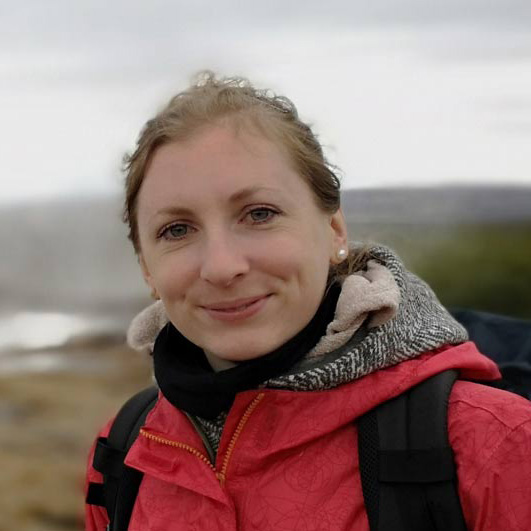
Kerstin Schopp
RESEARCHER
My motivations and interests in BATATA are manifold and can be derived from different parts of my personality. First, the rational me emphasizes that we are an interdisciplinary and international project team. Additionally, the project work is connected to my PhD work and the thematic focus is interesting, up-to-date, and relevant. The opportunities to learn and develop academically and personally in such an environment, discuss research results, and consider different academic perspectives are enormous. Second, the curious me is looking forward to conducting fieldwork in Tanzania and to learn new research methods. It also has interconnections with the rational me and is looking forward to learning within the project team. Third, the dedicated me wants to get good research results on the one hand and to get good effects for the underrepresented groups of farmers I will be working with, on the other. The project is an opportunity to give them a voice on the academic level and to make them visible.
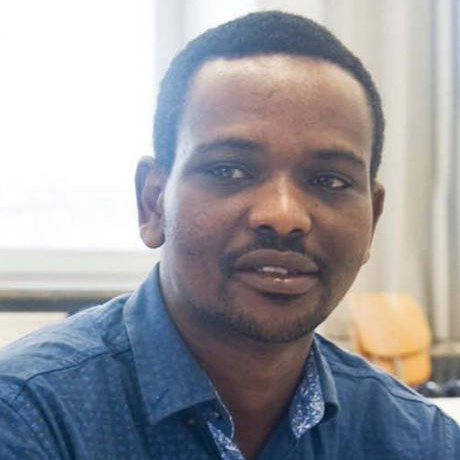
Leiyo Singo
RESEARCHER
I am a PhD candidate at Bayreuth International Graduate School of African Studies (BIGSAS), University of Bayreuth. My thesis is on Tracing Competing Visions of Bio-economy in Tanzania: The Case of Land Futures. The emergence of bio-economy in the global South, and in Tanzania in particular is intensifying competition for land resources amongst different users. At the height of the land rush triggered by the triple f (food, fuel & finance) crisis in 2007/8, sustainable (village) land use plans were presented by the Tanzanian government and international organizations as laudable policy aspirations to balance competing interests. However, there is a significant body of literature that views the rush to land use planning as an indicator of often indirectly experienced effects of an ongoing and incomplete primitive accumulation. I am interested in seeking to understand how pastoralists (one of the most marginalized groups in the country) articulate their own imaginaries for sustainable futures (seeing like a pastoralist).
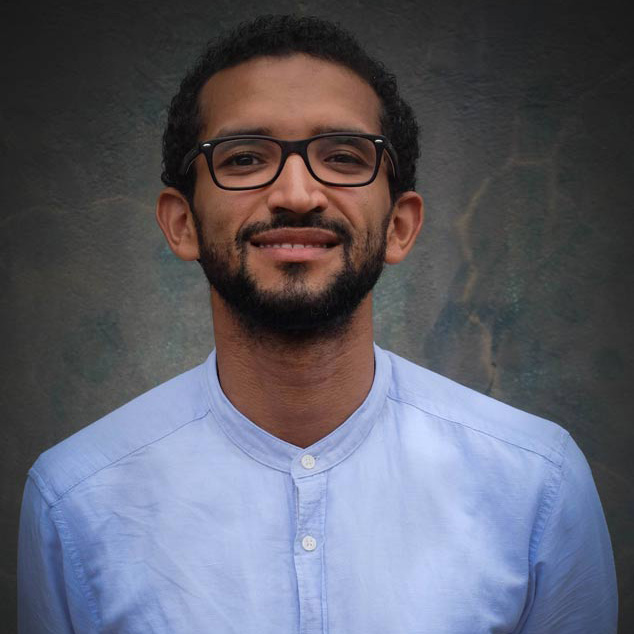
Stefan Ouma
PRINCIPLE INVESTIGATOR
I have a long-standing interest in the moral foundations of economic life, and how these play out in economies of the Global South. These foundations cannot be thought of without the continuing influence of empire, colonialism and post-colonial power structures. The realm of agricultural policy-making in Tanzania is no exception, where Euro-Atlantic discourses of bio-economic futures have had lasting impacts since at least the mid-2000s. Amidst calls for ‘agricultural modernization’ and ‘green growth’, what do less visible vernacular agricultural futures look like? Which actors support such visions? How are they justified and become politically effective? Political ecology meets diverse economies meets ‘African futures’.
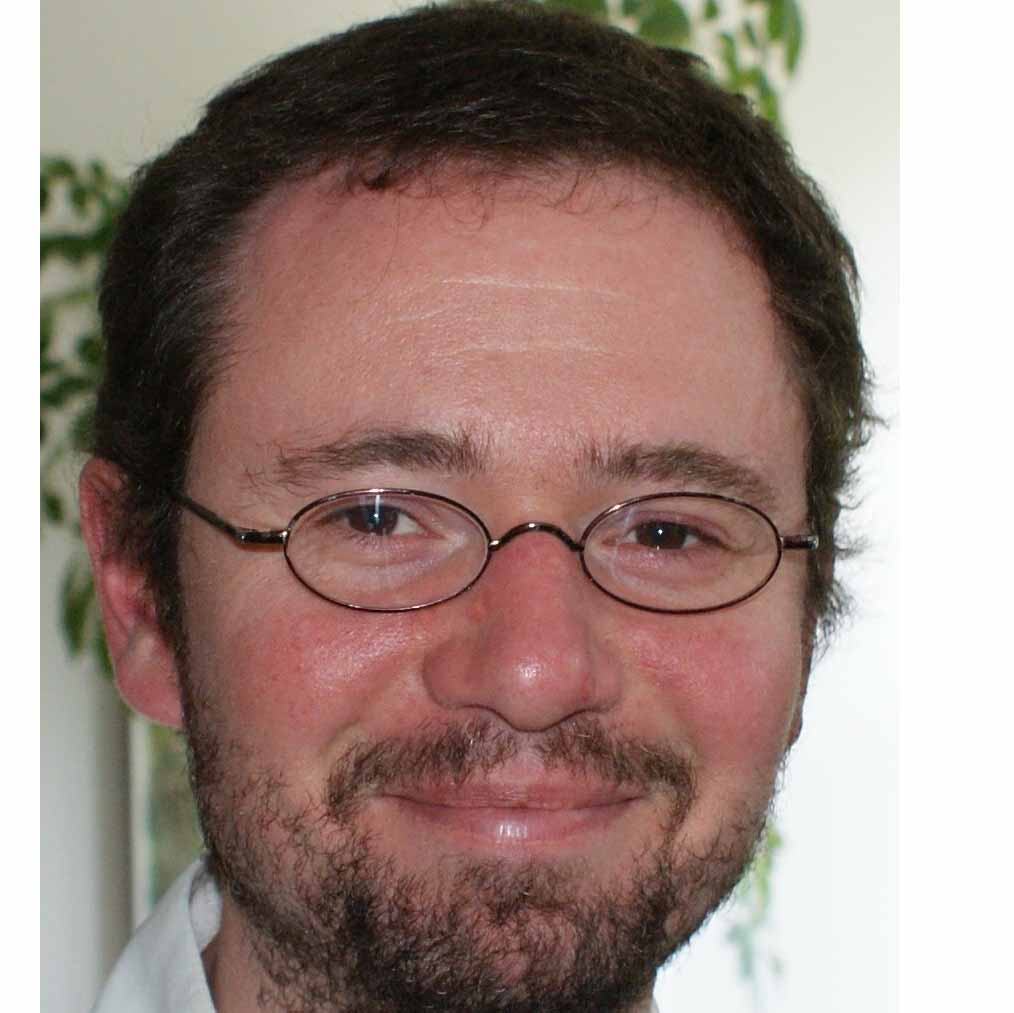
Eugen Pissarskoi
PRINCIPLE INVESTIGATOR AND PROJECT COORDINATOR
Suppose, you share a garden with your friend. Your friend wants the garden to be as agriculturally productive as possible. You want to graze sheeps there. -- There seems to be a conflict in what you and your friend consider to constitute a good life in and with the garden. Such a conflict raises the questions: How should you reasonably agree to organize our common living in the garden? And what does „reasonable“ mean here? In my research within this project, I am addressing these questions, however on a larger scale.
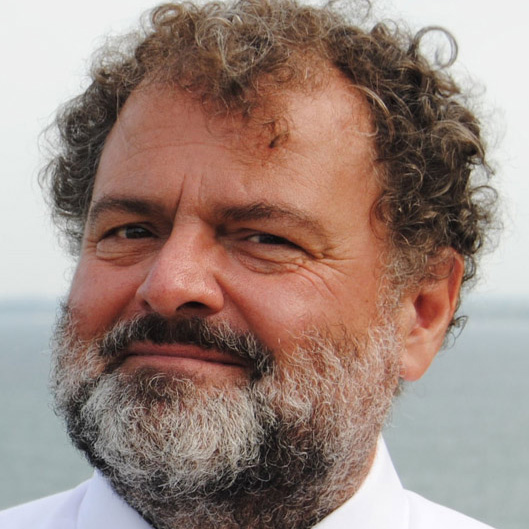
Thomas Potthast
RESEARCH COUNSELOR
Visiting in Tanzania in the 1980s, this project allows for a very personal longue-duree impression on sustainable land-use and bio-politics from different temporal and spatial and positional perspectives. Exploring the potential of ethical deliberation on sustainable futures and the human-nature-life nexus in detail and under real-world conditions, poses a promising challenge getting beyond mere binary oppositions (Global North vs. South; universalism vs. particularism). And, it‘s a great team to work with for mutual learning.
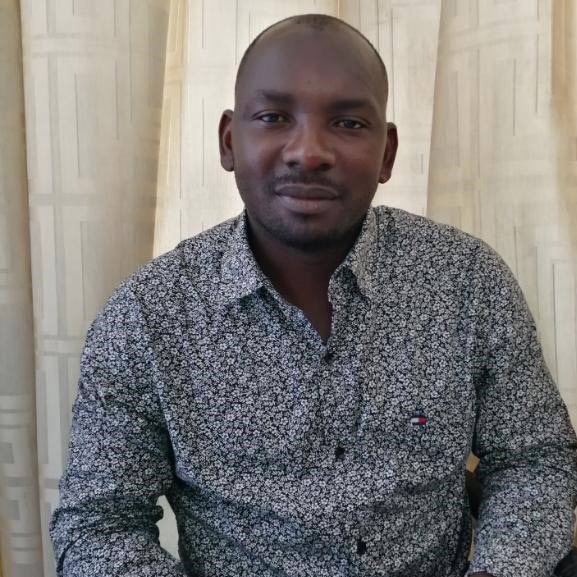
Richard Mbunda
RESEARCH COUNSELOR
Richard Mbunda is a lecturer, researcher and consultant in the field of political economy based at the University of Dar es Salaam. For over 10 years, Mbunda has worked with many Civil Society Organizations to support the cause of smallholder farmers in Tanzania. It is this background that pushed him to dedicate his PhD work, titled ‘Peasant Agriculture and the Quest for Food Sovereignty’ to the struggles for the transformation the ailing peasant economy in a low-income country of Tanzania. Mbunda lectures on the Politics of Development and International Political Economy at both undergraduate and graduate levels. As part of public service duty, Dr. Mbunda has also offered consultancy services to different government institutions, international organizations and research services to virtually all major Non-Governmental Organizations in Tanzania that are dealing with the peasantry, land, development and policy issues.